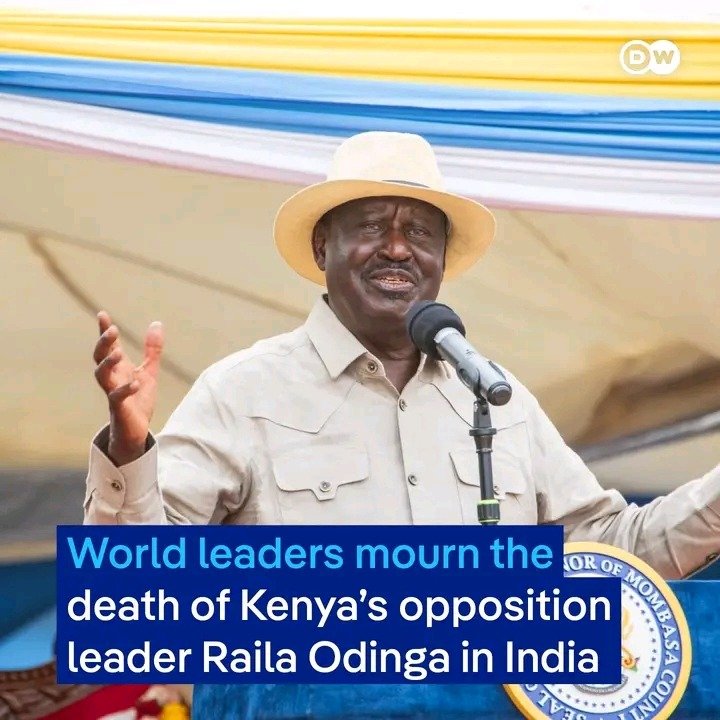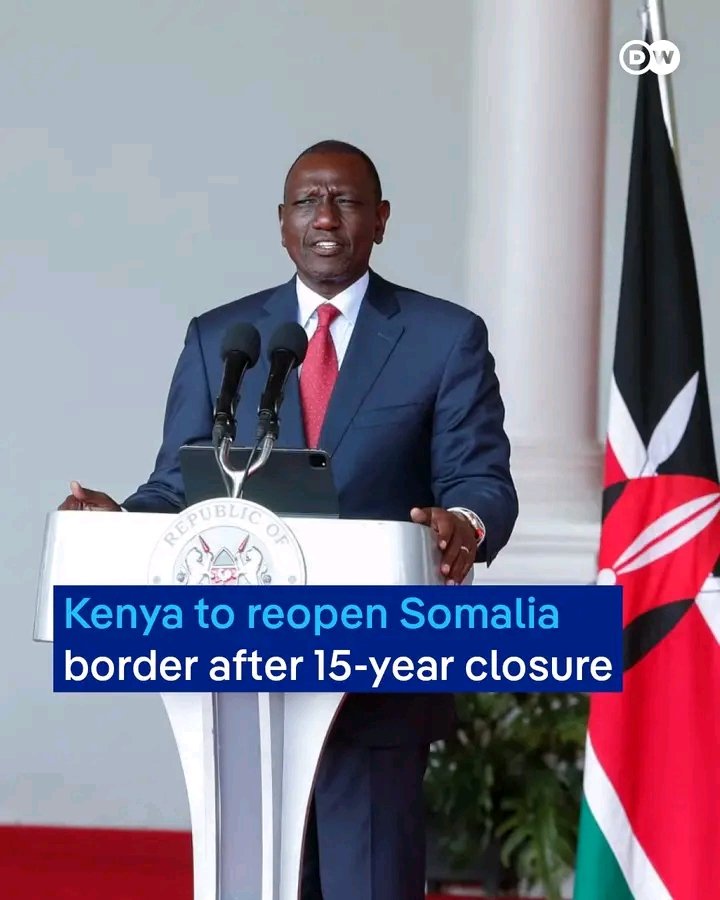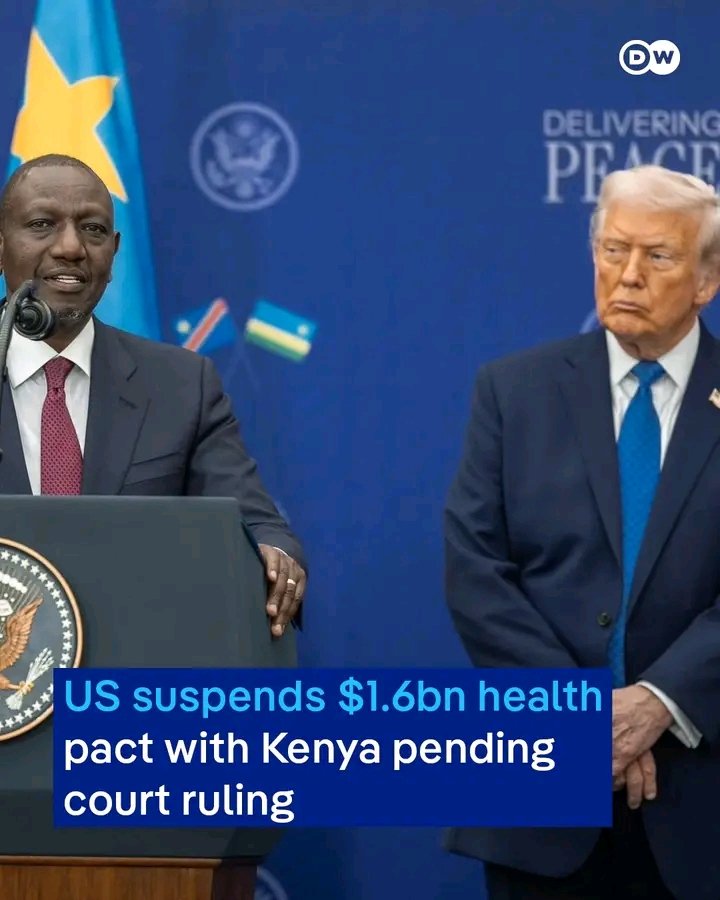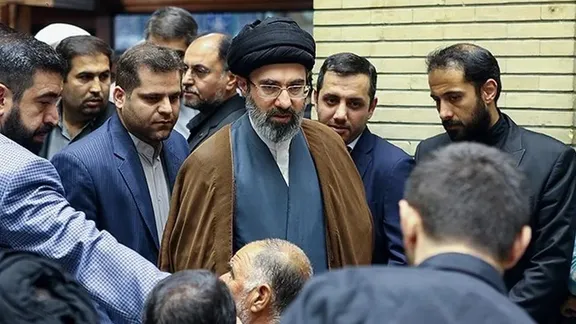
NAIROBI – The global community joined Kenya in mourning the loss of its veteran opposition leader and former Prime Minister, Raila Odinga, who died on Monday at the age of 80. The influential politician suffered a fatal cardiac arrest while on a morning walk during a visit to India.
The news prompted an immediate outpouring of condolences from world leaders, highlighting Odinga’s stature on the international stage. Ethiopian Prime Minister Abiy Ahmed and India’s Prime Minister Narendra Modi were among the first to express their sympathies, paying tribute to the late statesman’s enduring legacy.
Odinga’s death marks the end of a political era in East Africa. For over five decades, he was a central and often formidable figure in Kenyan politics. He is widely celebrated as the engine behind the country’s pro-democracy movement, which successfully fought to end one-party rule. His commitment to reform was further realized when he played a pivotal role in the drafting and passage of Kenya’s 2010 constitution, a landmark document that reshaped the nation’s governance.
A man of many facets, Odinga was a trained engineer who studied in East Germany before dedicating his life to politics. His journey reached the apex of executive power when he served as Prime Minister from 2008 to 2013. This role was part of a historic power-sharing agreement, brokered to end the violent post-election crisis, demonstrating his crucial role in maintaining national stability.
As Kenyans from all walks of life reflect on his complex and impactful career, Odinga is being remembered as a defining force in the nation’s history—a champion of democracy, a architect of modern governance, and an unwavering voice for the people.








